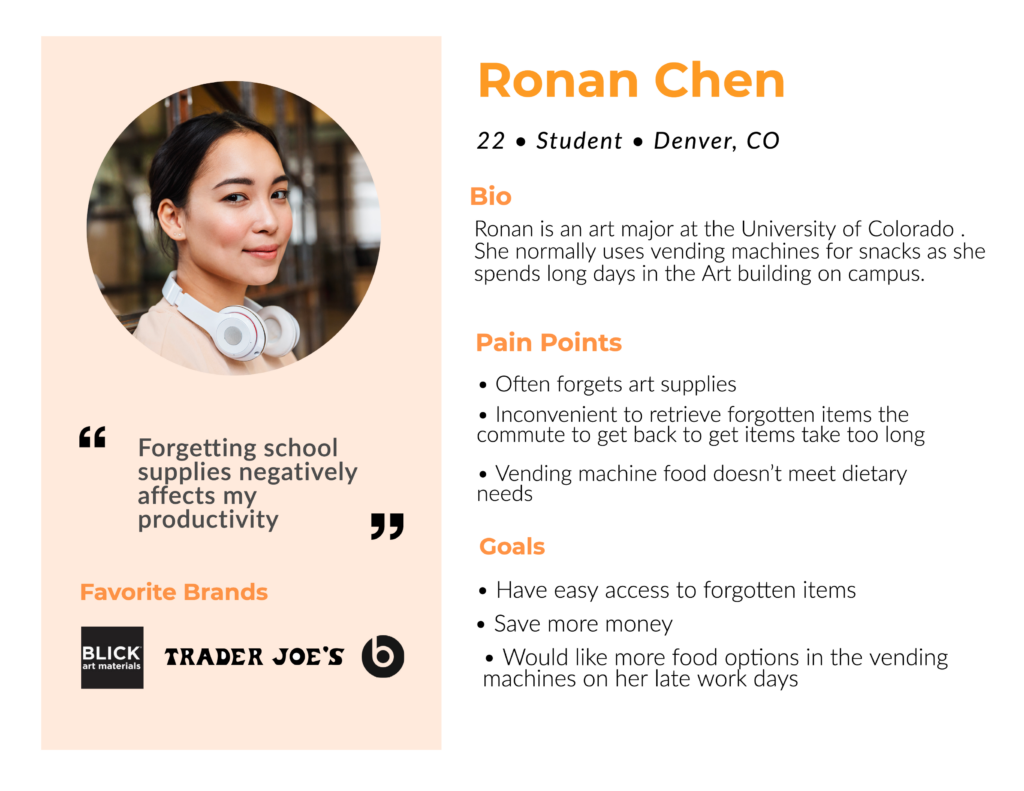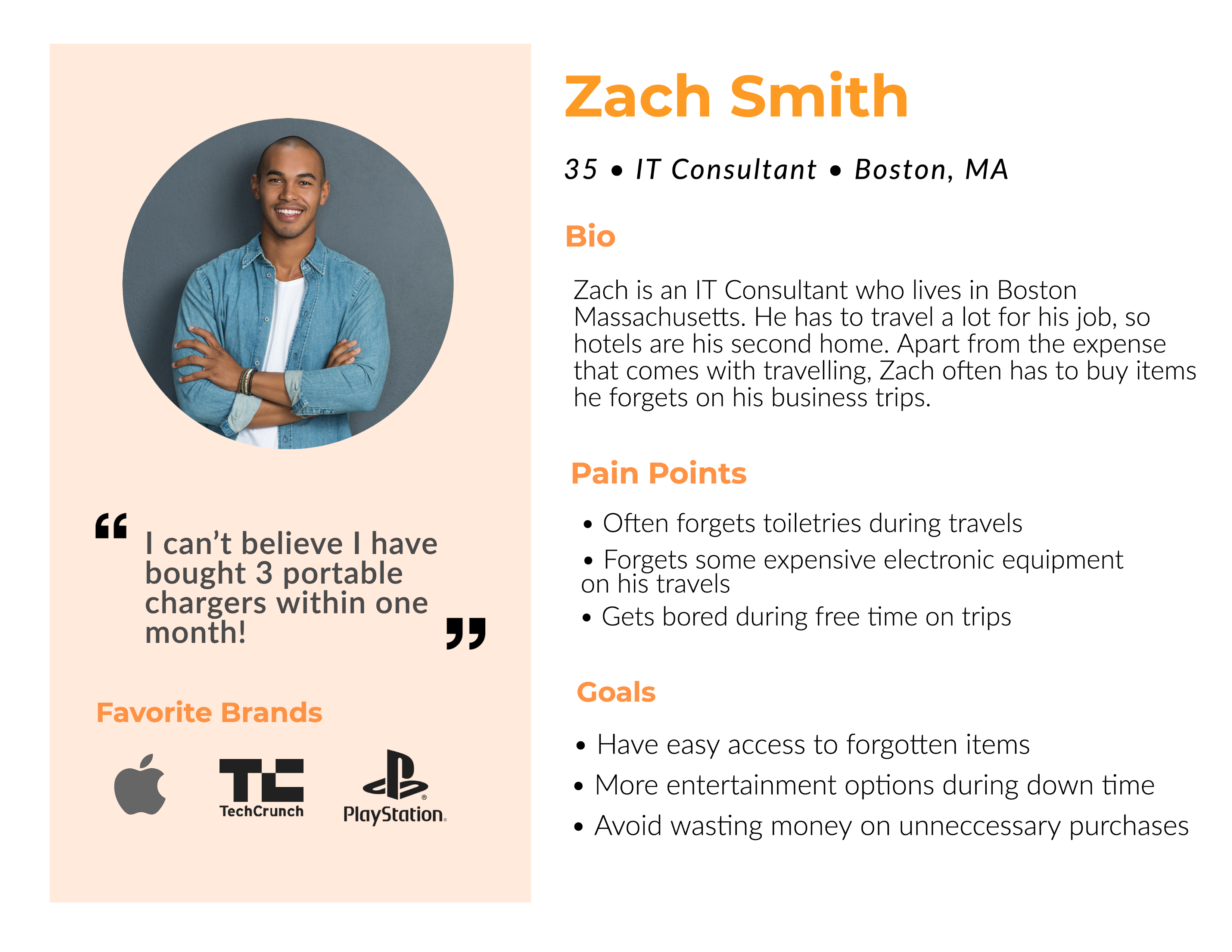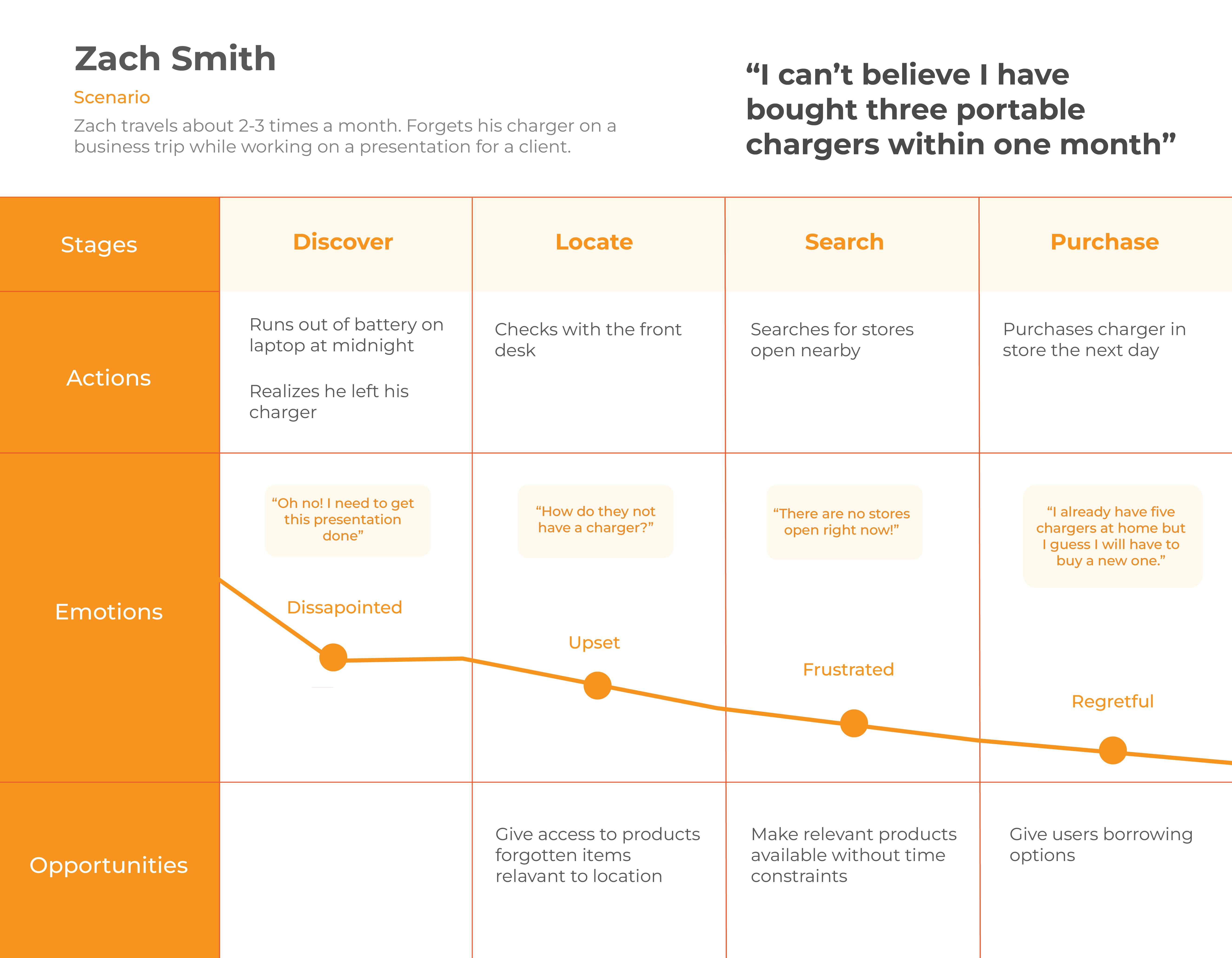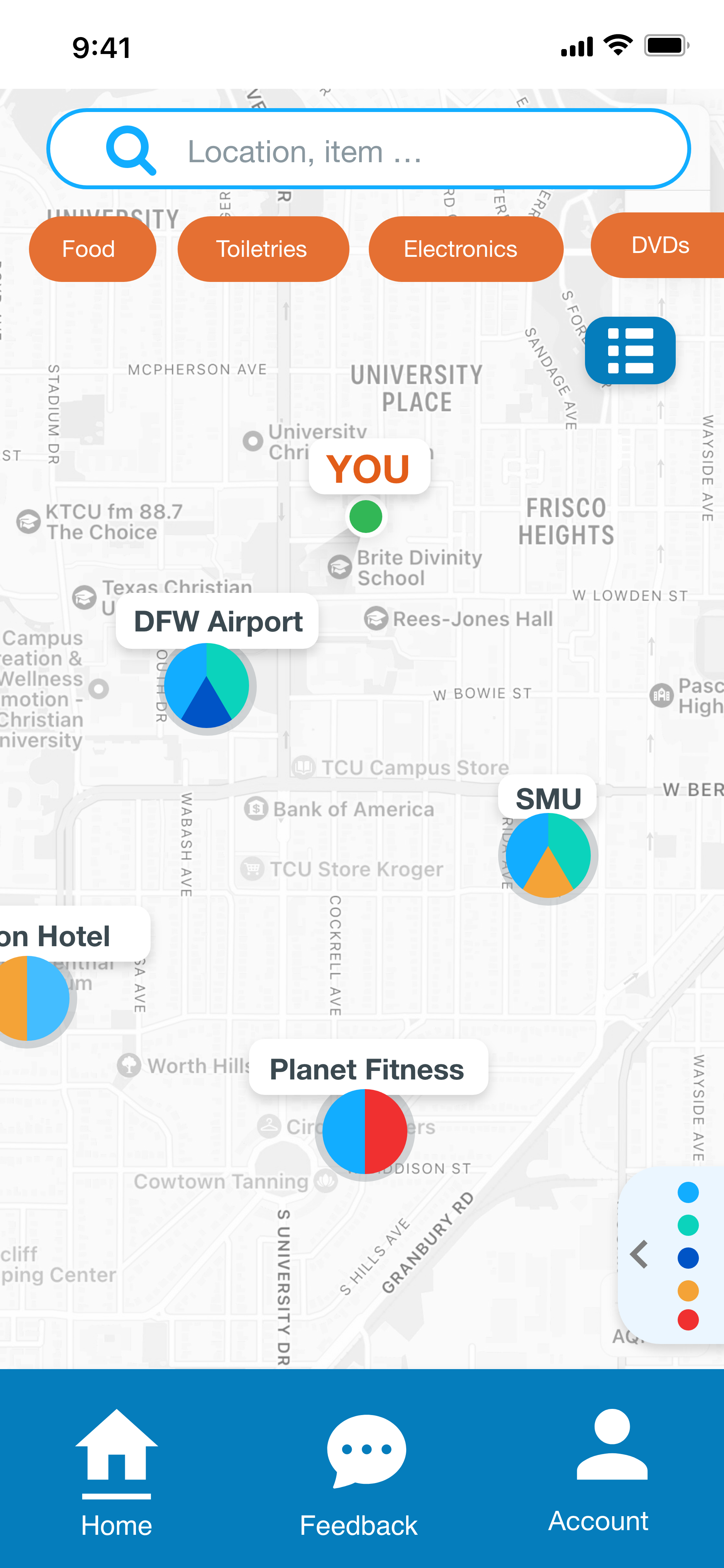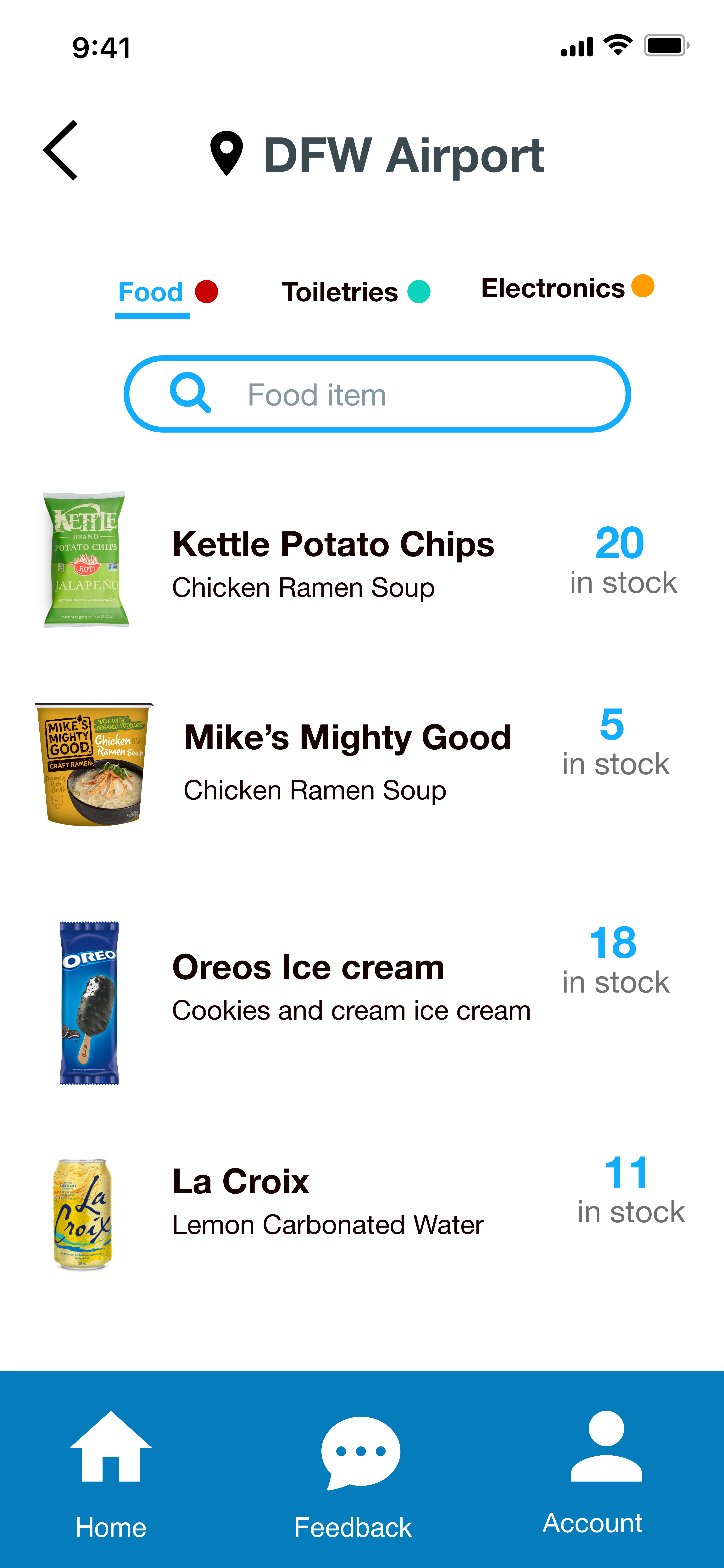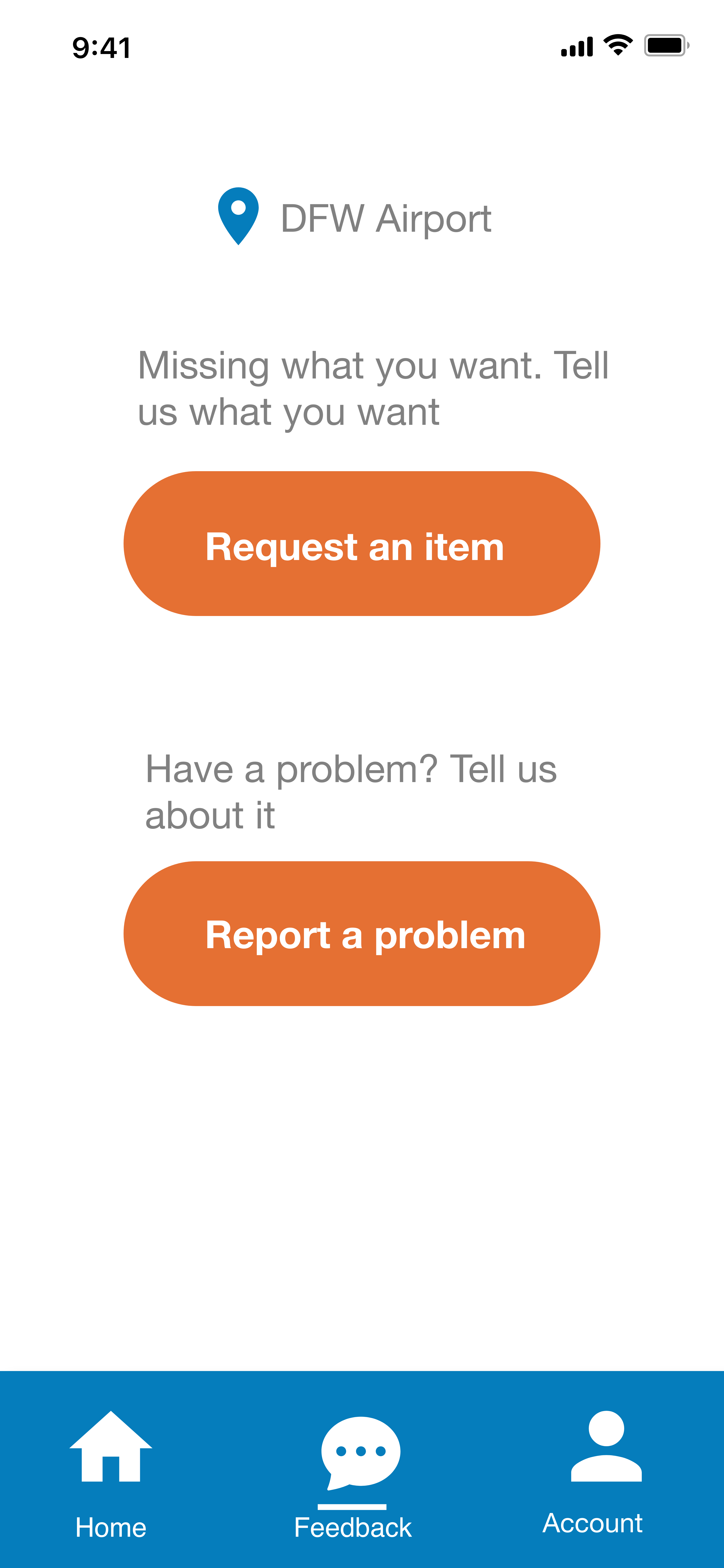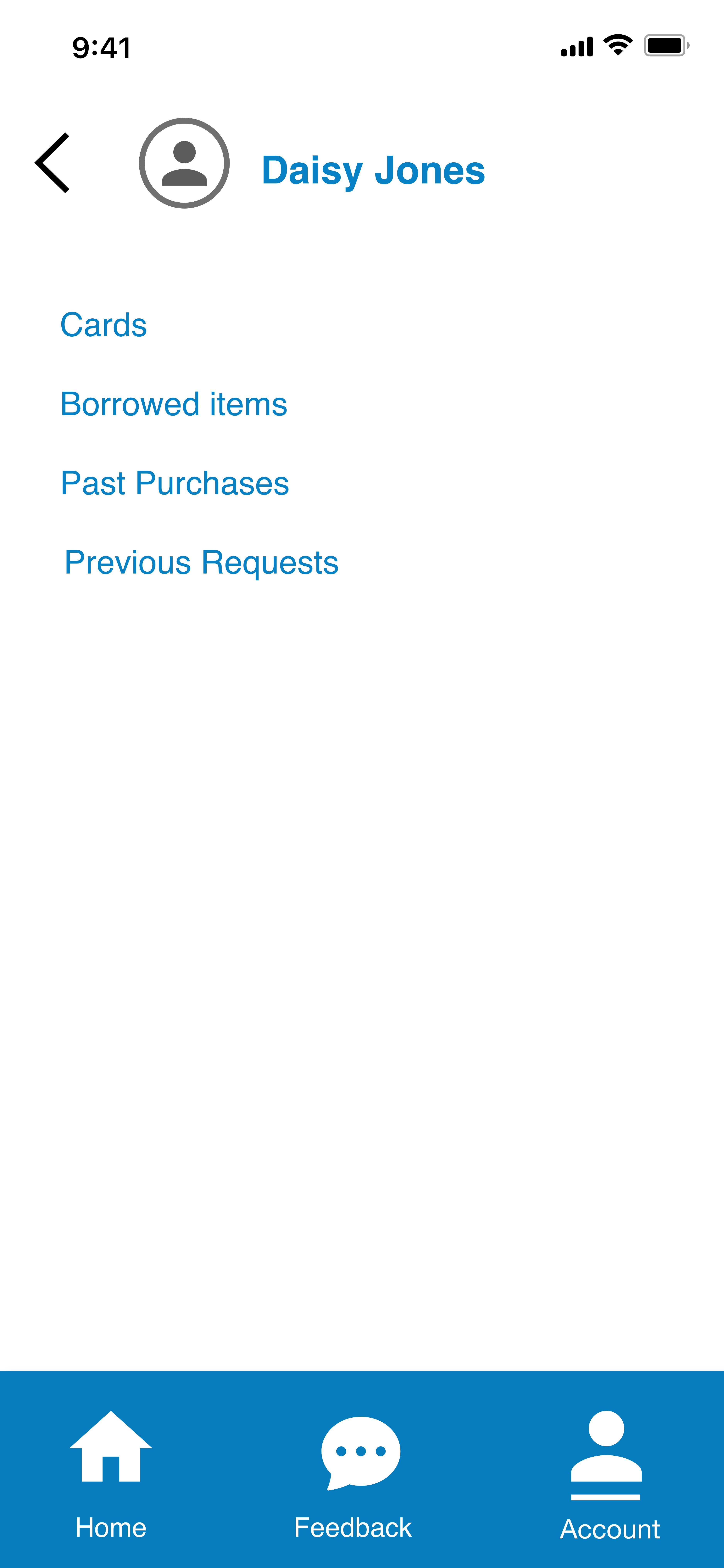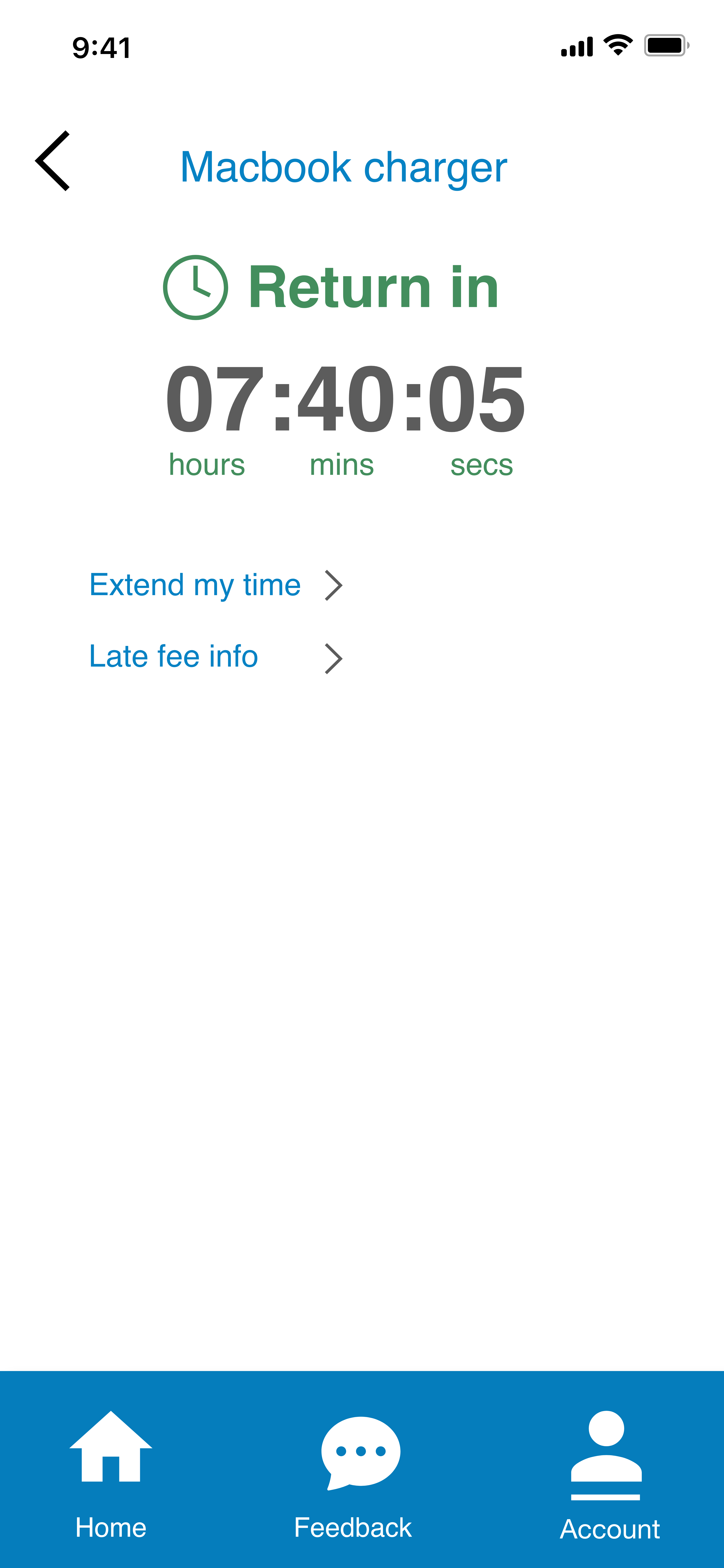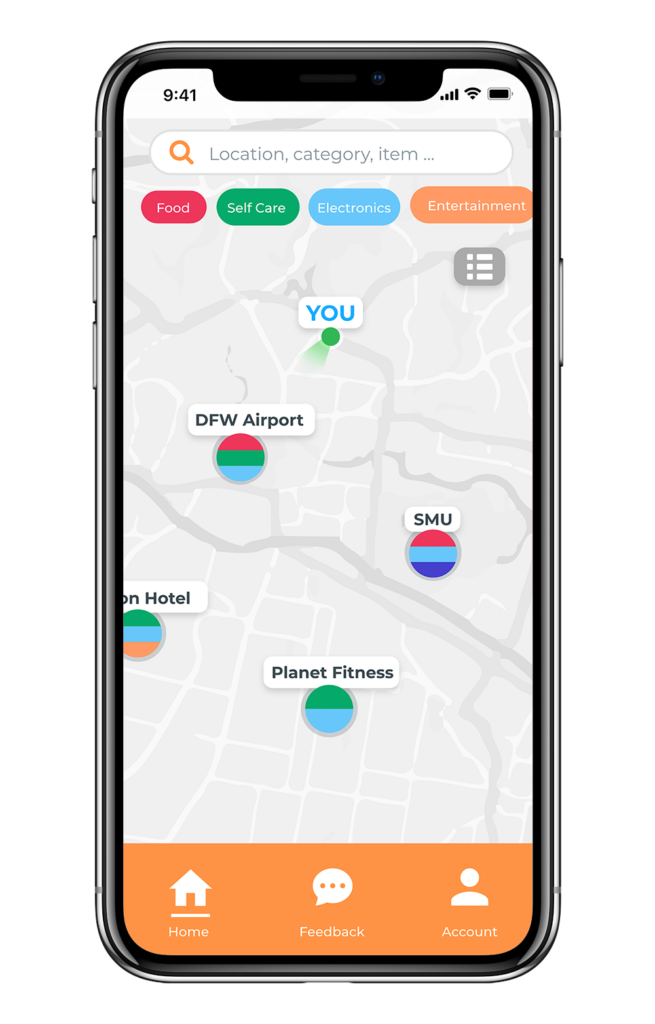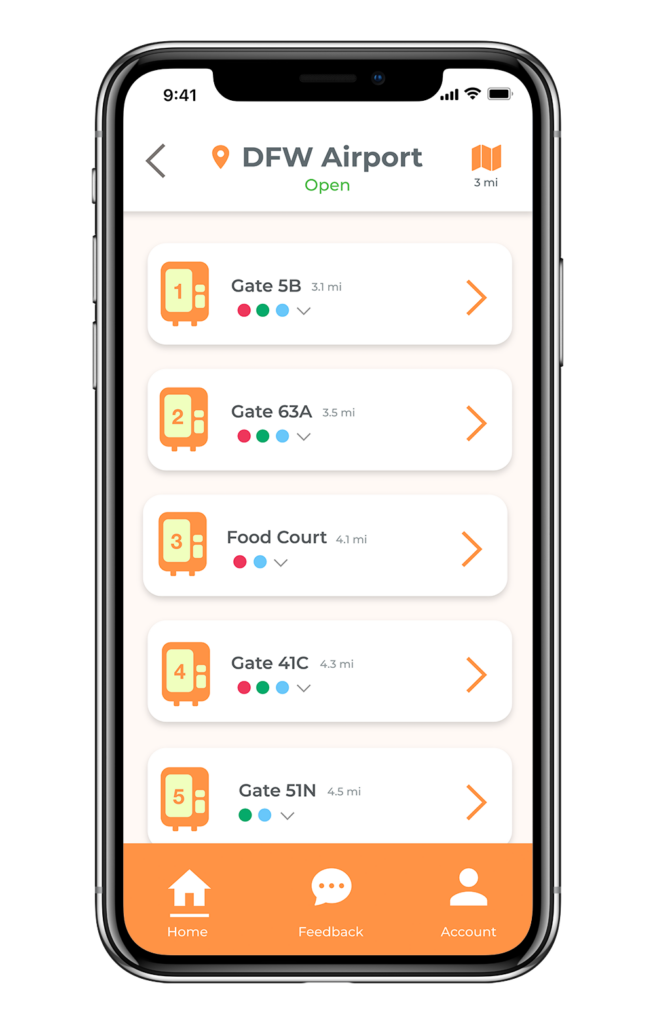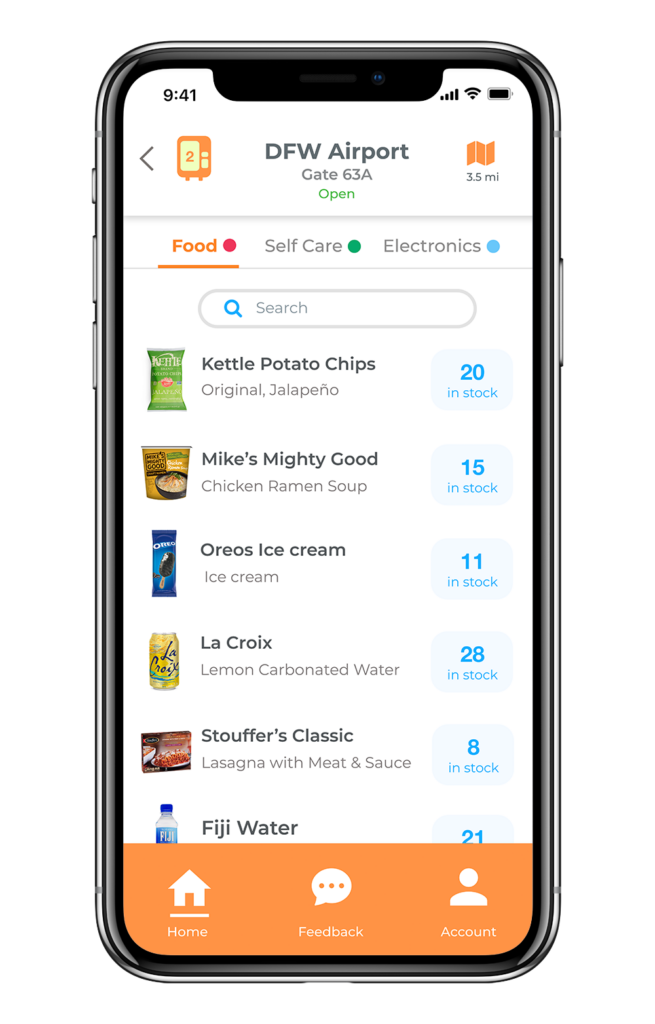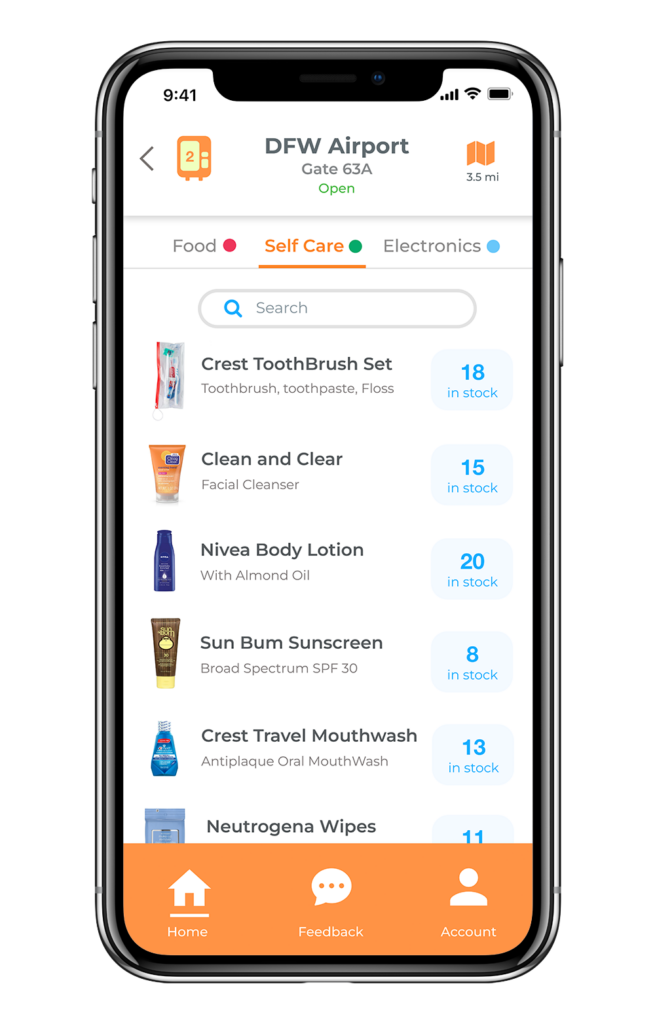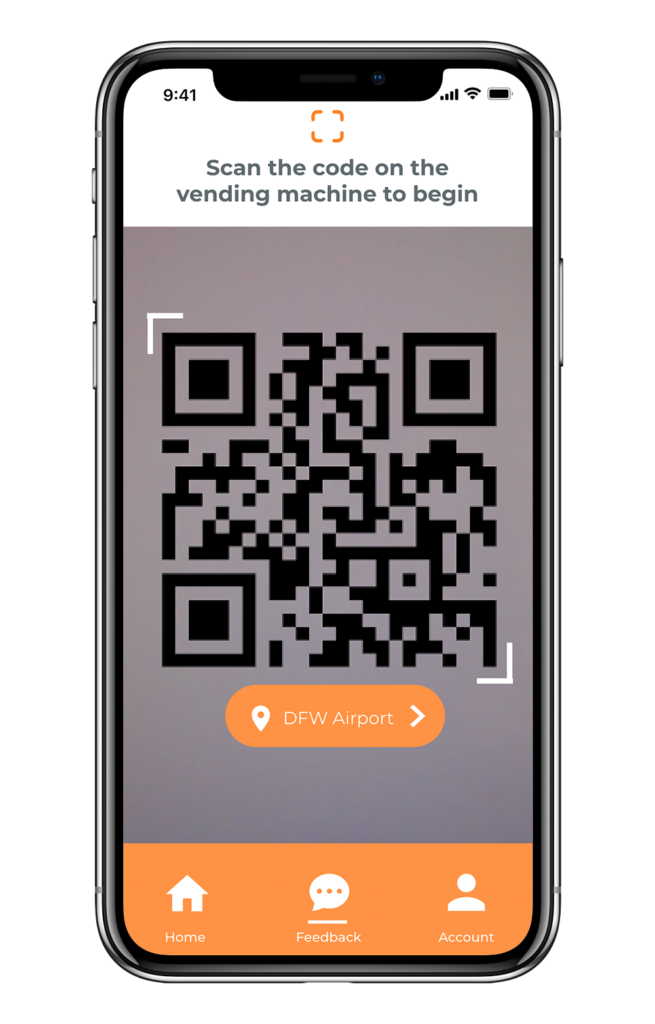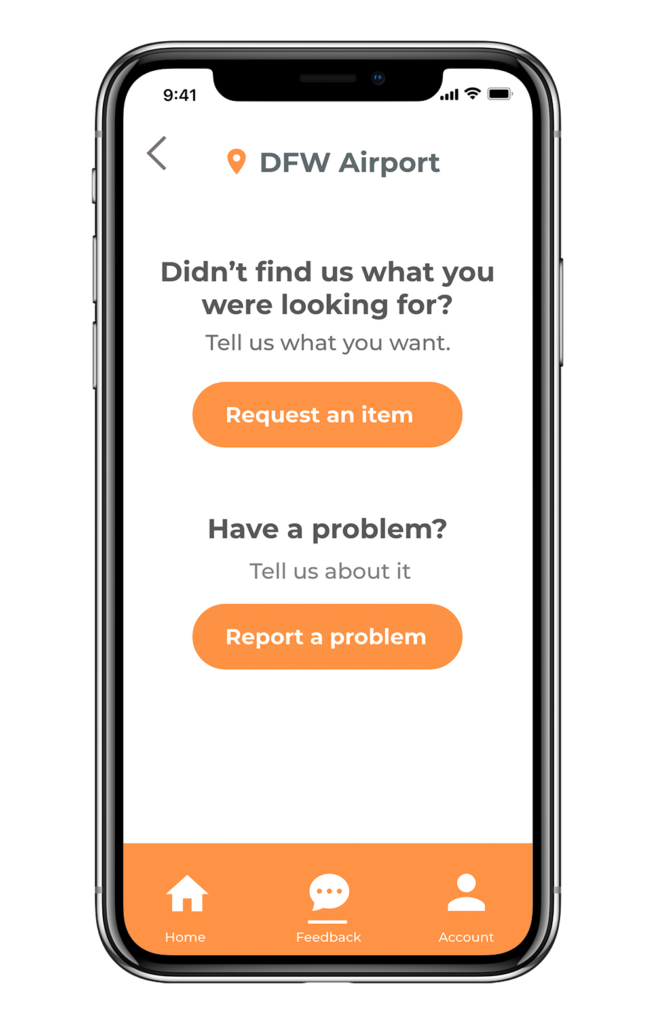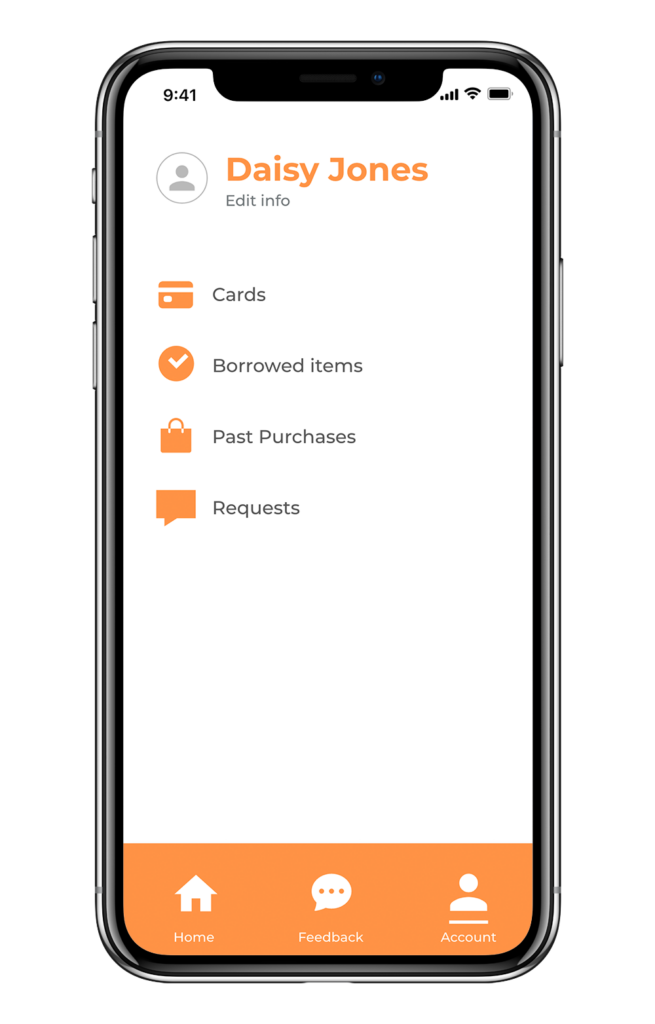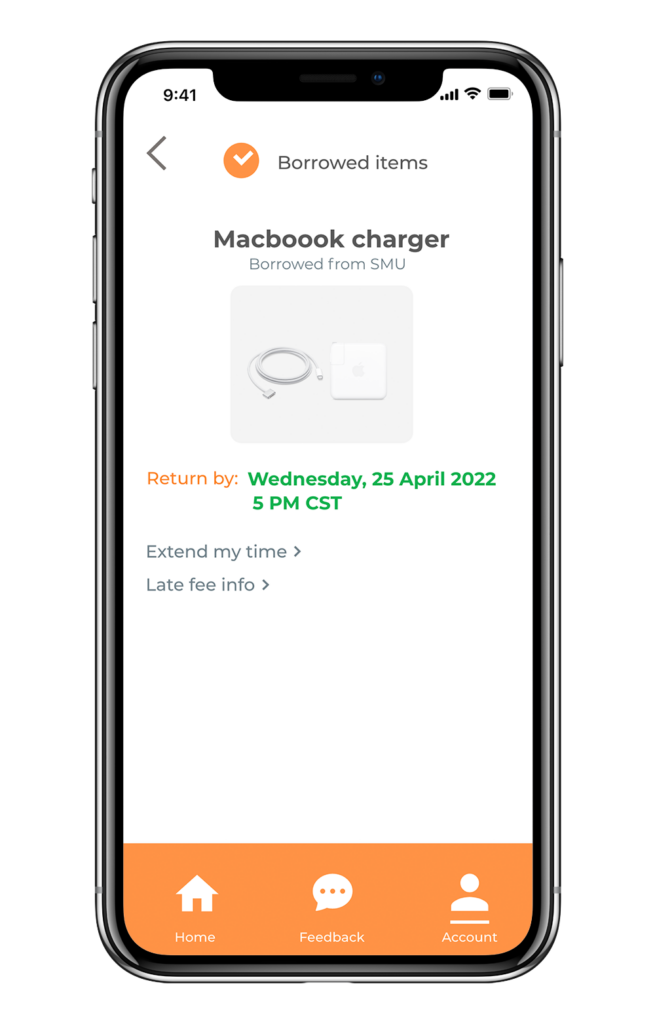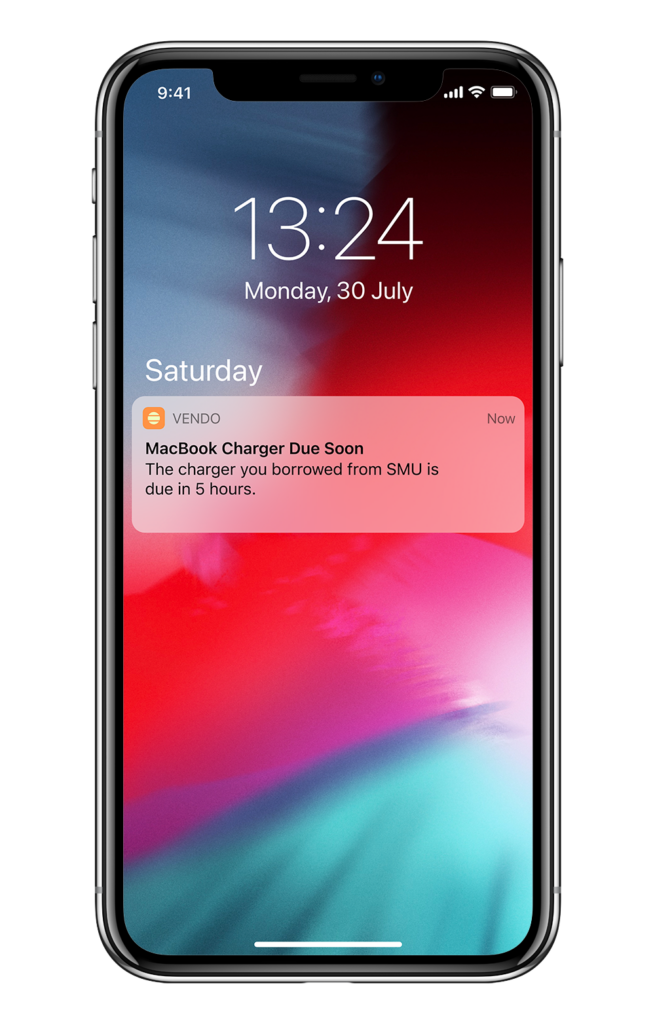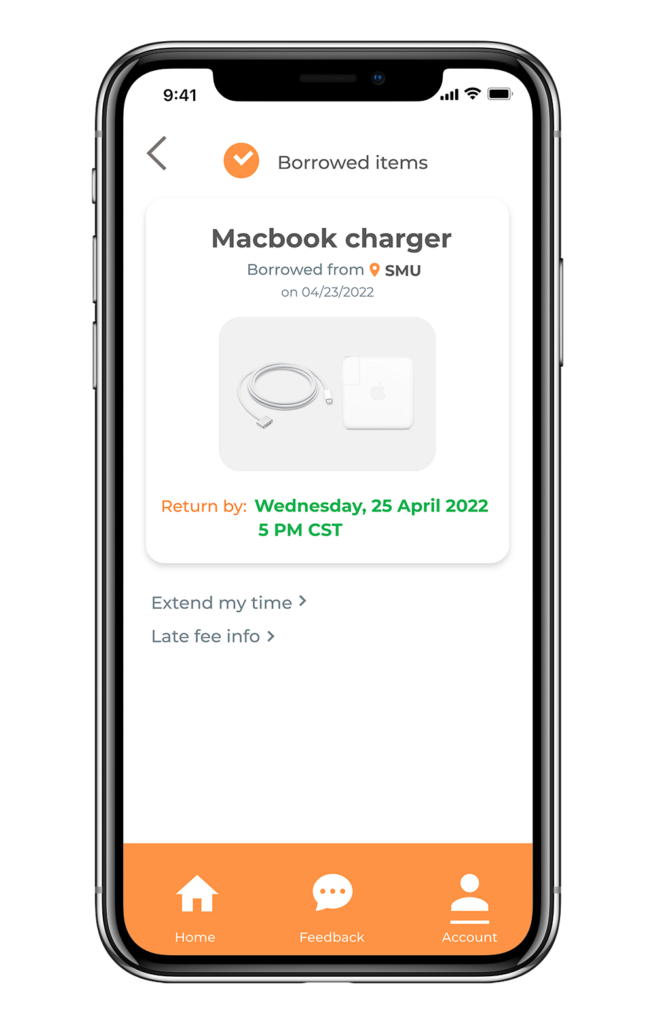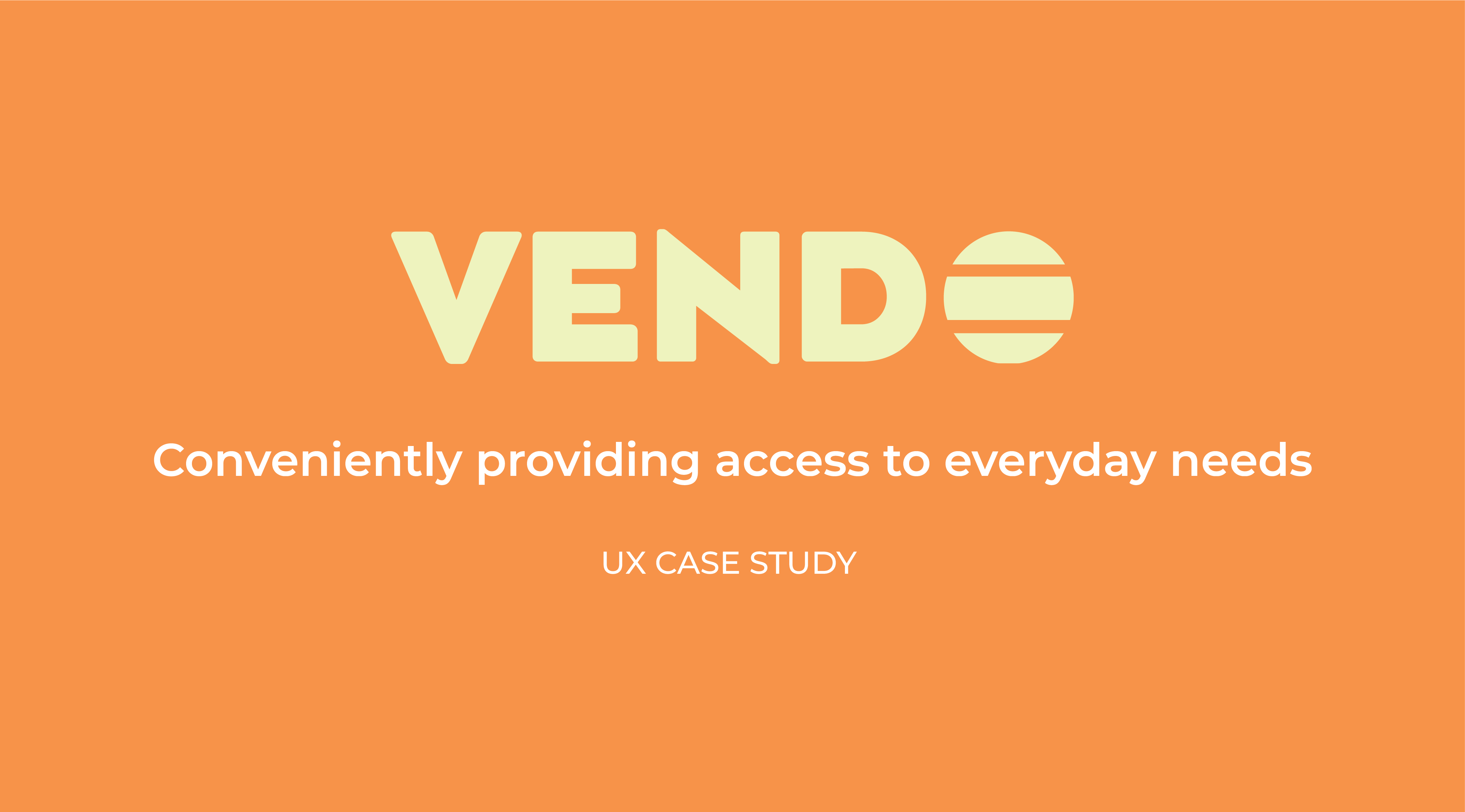
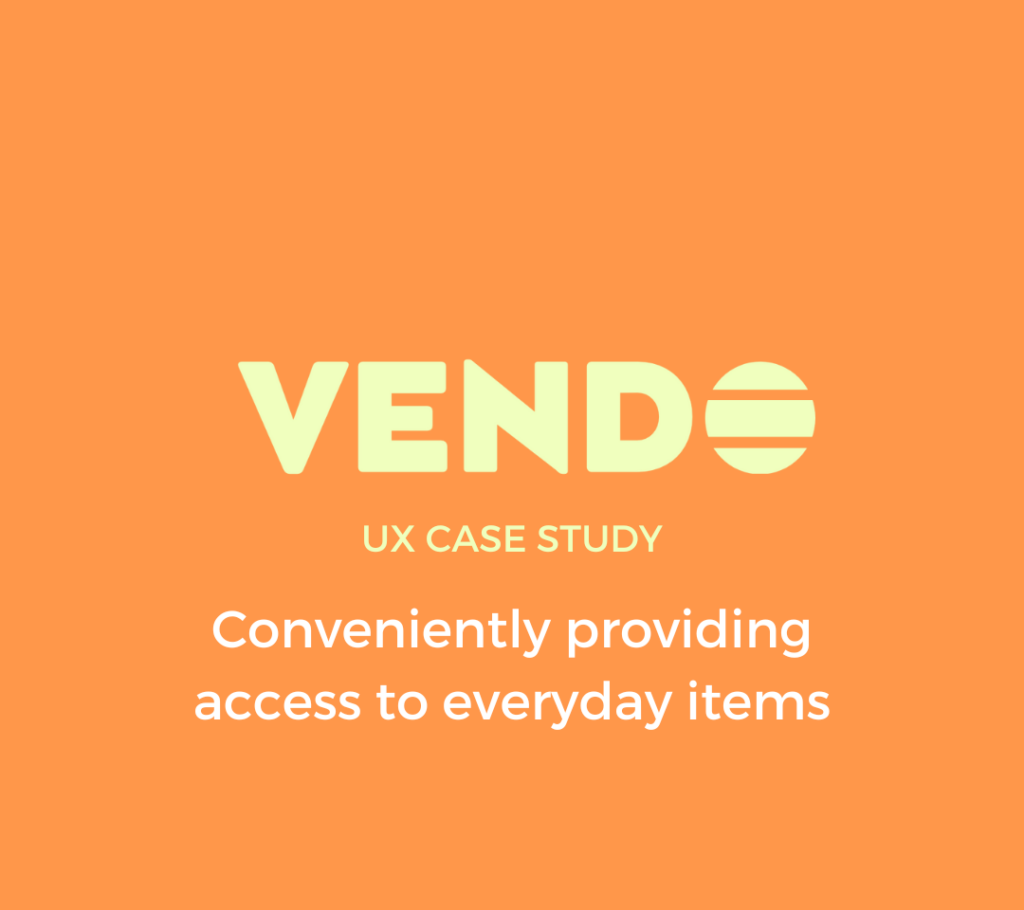
Overview
Vendo is a vending machine experience which gives users easy access to relevant everyday items based on their location.
Background
DID YOU KNOW….
The first commercial coin-operated vending machine was introduced in London, England in the 1880s. It offered envelopes, postcards, and notepapers in railway stations and post offices.In the 1920s and 1930s, vending machines began to offer more than one product.
Vending machines have become more prominent since then, offering a wide range of products such as food, lottery tickets, books and even cars. Annual spending through vending machines in the United States is currently over $7 billion.
The Problem
Despite the convenience vending machines offer to the general public. There are some issues that exist.
![]() Current vending machines are not versatile enough. Most vending machines in the United States offer just food and drink options.
Current vending machines are not versatile enough. Most vending machines in the United States offer just food and drink options.
![]() It is difficult to know if a vending machine will have what you’re looking for.
It is difficult to know if a vending machine will have what you’re looking for.
![]() Vending machines lack the most needed everyday items.
Vending machines lack the most needed everyday items.
Survey Insights
I conducted a survey to find out about general attitudes about vending machines as well the items people look for in vending machines. (USA)

An important part of the survey was asking participants what everyday items they normally need that they usually forget or get from a vending machine.
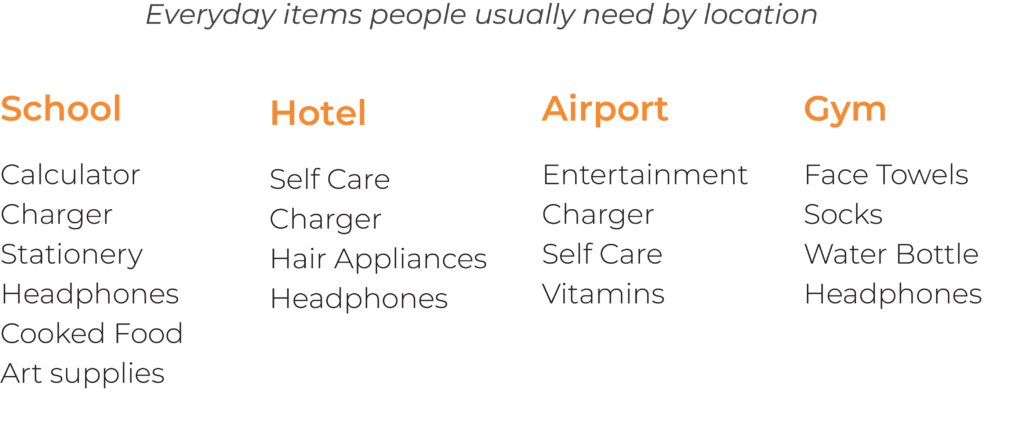
Interview Insights
Here are some interview quotes based on the experiences with vending machines.
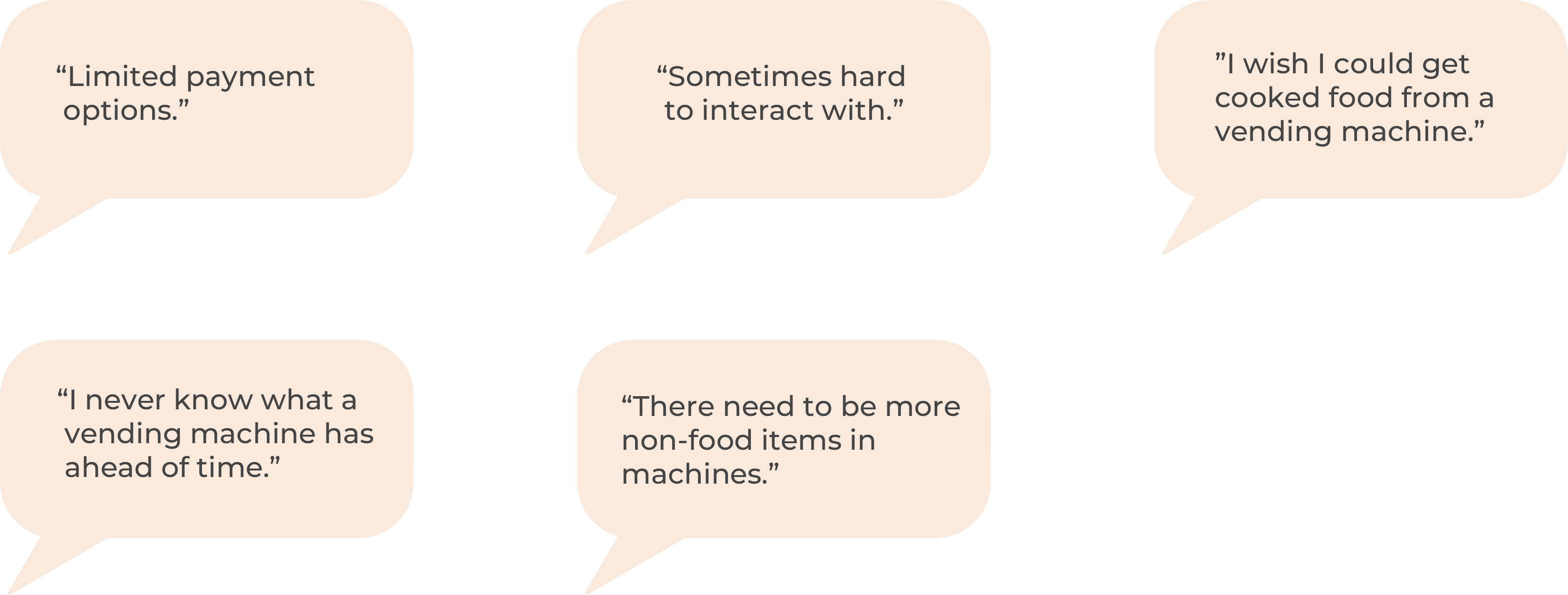
Point of View
Zach needs easier ways to get important items for his business trips without spending too much money on forgotten items he already has.
Market Research
![]() Japan has some of the most innovative automated vending machines from hot foods to batteries, flowers, and clothing. It has the highest per capita rate of vending machines in the whole world.
Japan has some of the most innovative automated vending machines from hot foods to batteries, flowers, and clothing. It has the highest per capita rate of vending machines in the whole world.
![]() The global vending machine market size was valued at $18.28 billion in 2019 and is anticipated to reach $25.25 billion by 2027.
The global vending machine market size was valued at $18.28 billion in 2019 and is anticipated to reach $25.25 billion by 2027.
![]() Manufacturers are developing and launching Internet of Things (IoT)-based vending machines.
Manufacturers are developing and launching Internet of Things (IoT)-based vending machines.
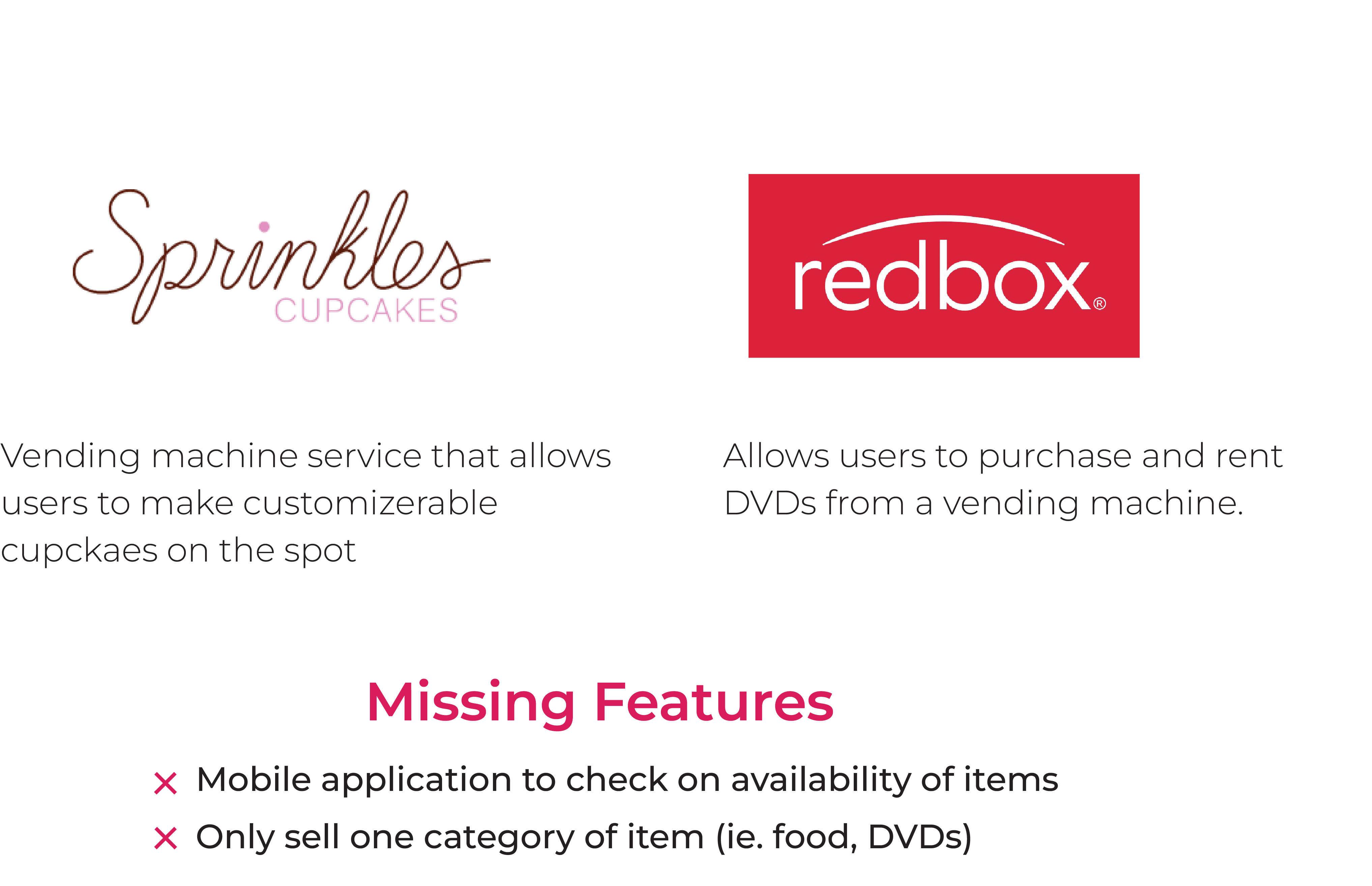
Design Concept
We will design a vending machine experience that provides users with the option to get forgotten items and other relevant needs based on location so that users can avoid unnecessary purchases and have easy access to the items they need.

The solution will include a vending machine available at key locations and a mobile application connected to the vending machines.
How Might We...
![]() Provide items relevant to the user in different locations?
Provide items relevant to the user in different locations?
![]() Collect user feedback to improve the usefulness of provided items?
Collect user feedback to improve the usefulness of provided items?
![]() Allow users to check the availability of items they need near them?
Allow users to check the availability of items they need near them?
Ideation
![]() Color-coded categories: The items in the vending machines will be grouped according to color coded categories for easy identification. The app will include a map to spot vending machines close to the user which will show the color coded categories.
Color-coded categories: The items in the vending machines will be grouped according to color coded categories for easy identification. The app will include a map to spot vending machines close to the user which will show the color coded categories.
![]() Availability status: The availability of of items can be checked on the app before the user travels to the vending machines to avoid wasting time if an item is unavailable.
Availability status: The availability of of items can be checked on the app before the user travels to the vending machines to avoid wasting time if an item is unavailable.
![]() Borrowing: There will be an option to borrow some of the items in the vending machines. This will be an important feature to avoid users buying items from the vending machines they only need temporarily.
Borrowing: There will be an option to borrow some of the items in the vending machines. This will be an important feature to avoid users buying items from the vending machines they only need temporarily.
![]() Feedback: Users will be able to report issues with vending machines or suggest items that could be included in the machines.
Feedback: Users will be able to report issues with vending machines or suggest items that could be included in the machines.
Wireframes
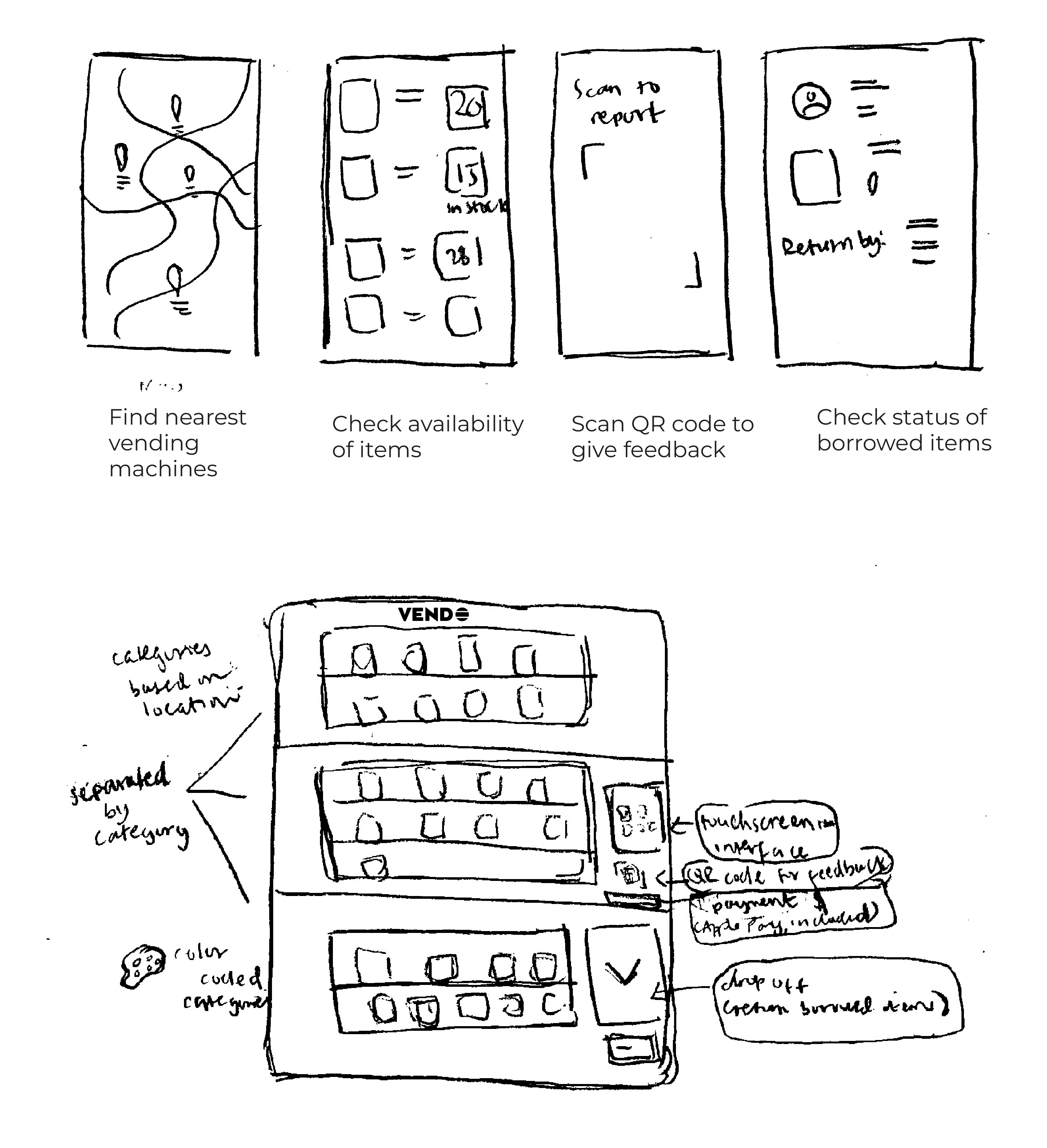
Feedback
![]() Home: Try to use another shape for the location pins on the homepage. The pie chart shape makes it look like there is more or less of one category compared to another. Try using a circle. Update the map (used the map of my location as a placeholder).
Home: Try to use another shape for the location pins on the homepage. The pie chart shape makes it look like there is more or less of one category compared to another. Try using a circle. Update the map (used the map of my location as a placeholder).
The color filter tab for the categories on the bottom right is unnecessary. The category buttons on top serve the same function .
![]() Location Page: Include a button for direct navigation to the location. Add the distance from the user’s current location. Continue to push design of this page.
Location Page: Include a button for direct navigation to the location. Add the distance from the user’s current location. Continue to push design of this page.
![]() Borrowed Status: The countdown clock puts pressure on the user. Try just including the date and time.
Borrowed Status: The countdown clock puts pressure on the user. Try just including the date and time.
![]() Actual Vendo Machine: Try moving the Vendo logo on top the interface instead. Remember to add a section for dropping off and picking up items from the machine.
Actual Vendo Machine: Try moving the Vendo logo on top the interface instead. Remember to add a section for dropping off and picking up items from the machine.
High Fidelity Prototype
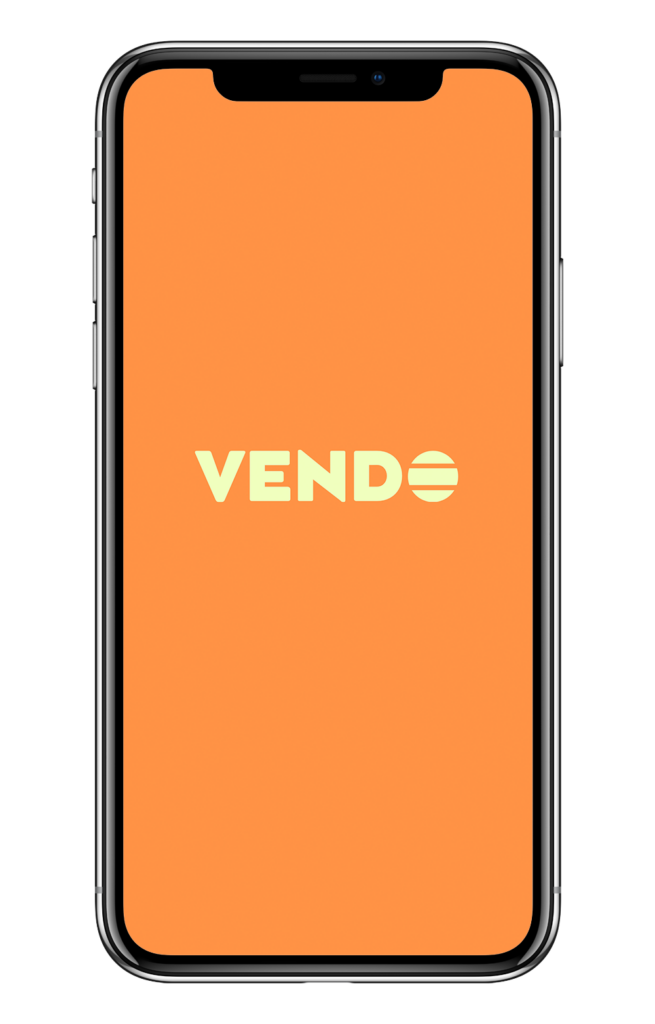
Landing page
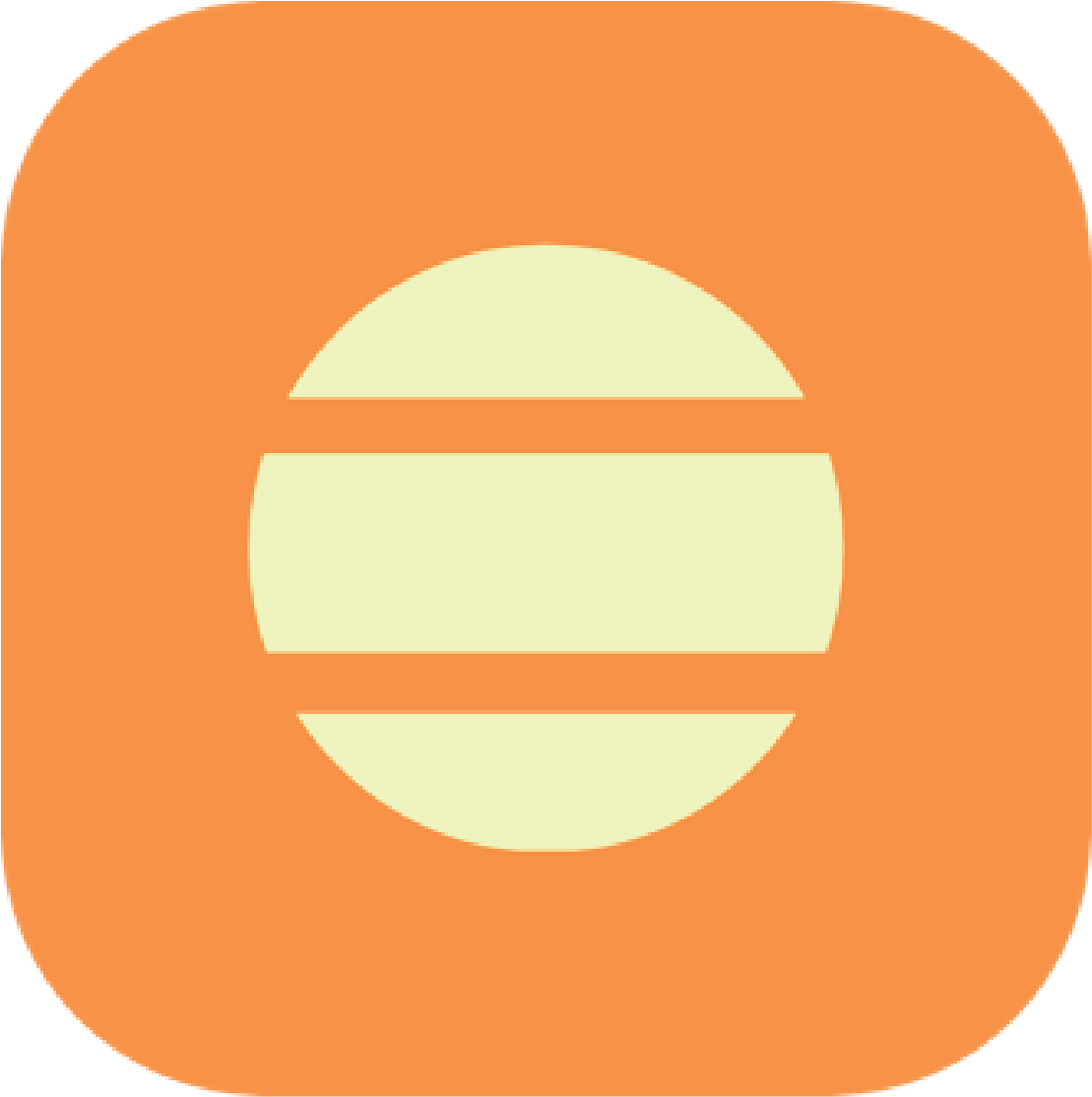
Vendo App icon
When a user clicks on a location, they can see the items available in the machine based on category. They can also see how much of the item is available to avoid making unnecessary trips to a machine.
Feedback from users is an essential part of the machines providing relevant items and working efficiently.
With the borrowing option, users can see a list of the items they have borrowed from a vending machine and when they are due. There are also notifications to remind users when it is almost time to return an item.
The Vendo Machine
When designing the Vendo machine, I had to make sure that its appearance was not overwhelming since it had a lot of features. I had to mute the brightness of the colors of the categories from my first iteration. Instead of including a number system of product identification like a lot of the current vending machines, I thought it would be simpler to have a touchscreen interface. I modeled the interface after the self-checkout systems at grocery stores.
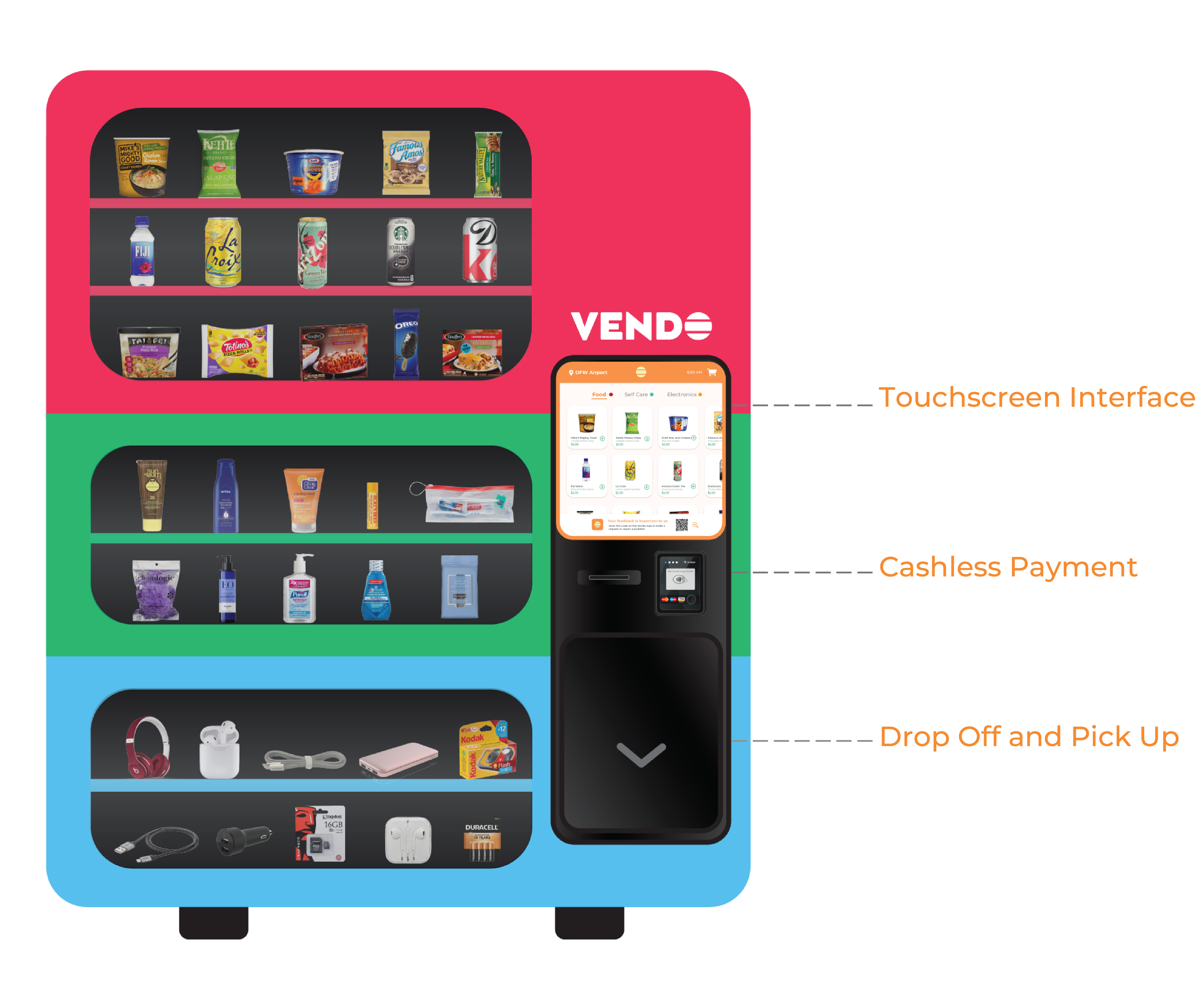
Vending Machine
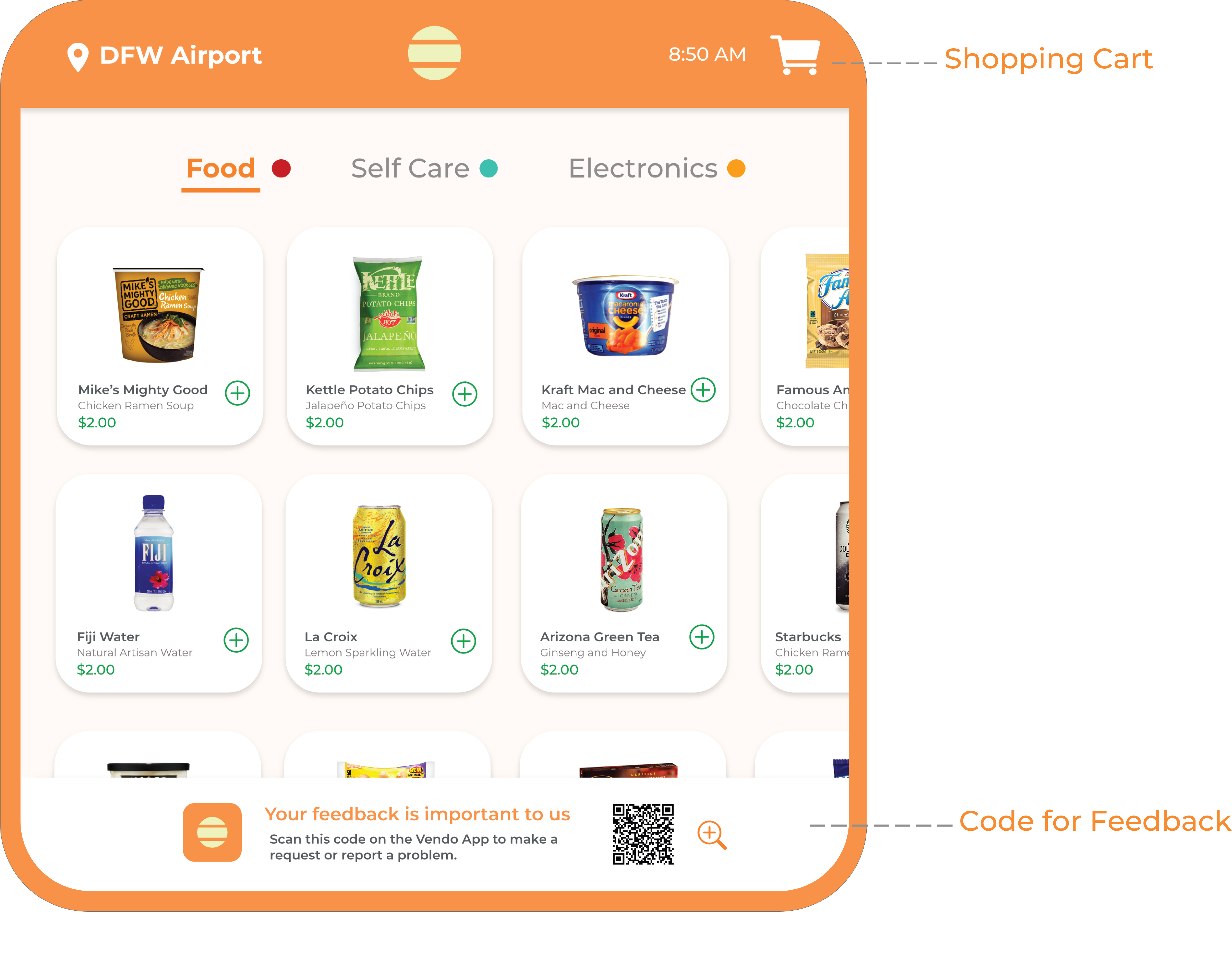
Vending Machine Interface
Reflection
This was a fun project to tackle. At the end, I realized how useful it would be to actually have a machine like Vendo available to the general public.
![]() The background research was one of my favorite parts of the project. It was interesting to learn about the history of vending machines and how much it has evolved overtime all over the world.
The background research was one of my favorite parts of the project. It was interesting to learn about the history of vending machines and how much it has evolved overtime all over the world.
![]() Working on the survey was interesting. Since, I was not going to be with the participants I could not control the responses like I would in an interview. This meant that I had to make the questions more specific than I would for an interview. I also left room for the participants to include their opinion.
Working on the survey was interesting. Since, I was not going to be with the participants I could not control the responses like I would in an interview. This meant that I had to make the questions more specific than I would for an interview. I also left room for the participants to include their opinion.
![]() I think I would like to push myself more with the design. I feel that I might have stayed on the safe side with the UI. I am happy with how the design of the mobile app but I think I can do more.
I think I would like to push myself more with the design. I feel that I might have stayed on the safe side with the UI. I am happy with how the design of the mobile app but I think I can do more.

